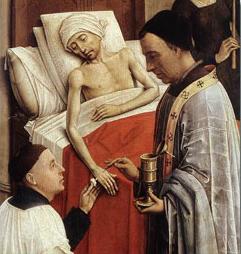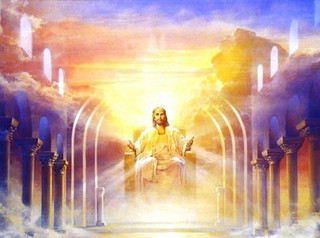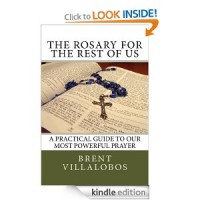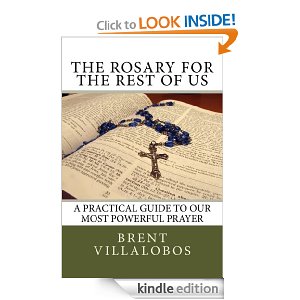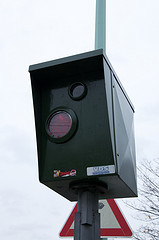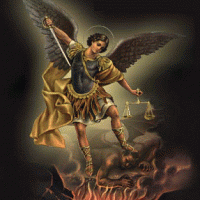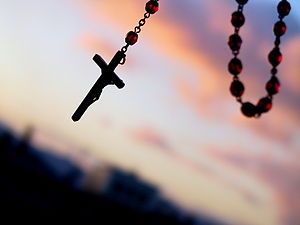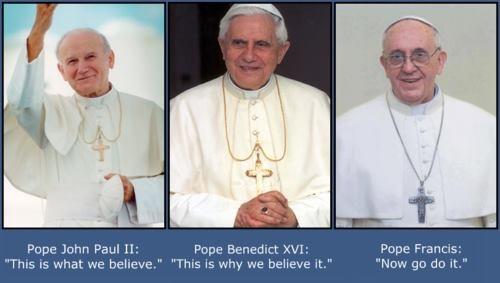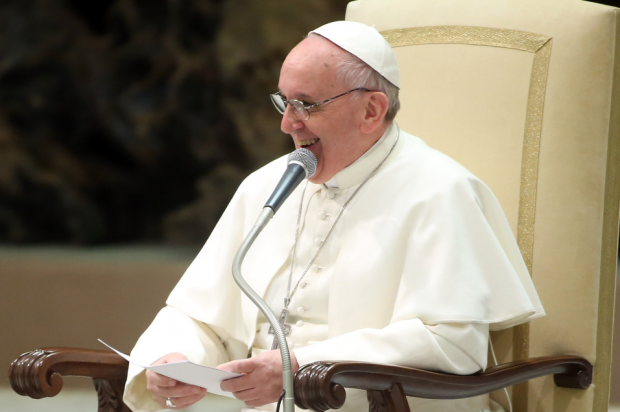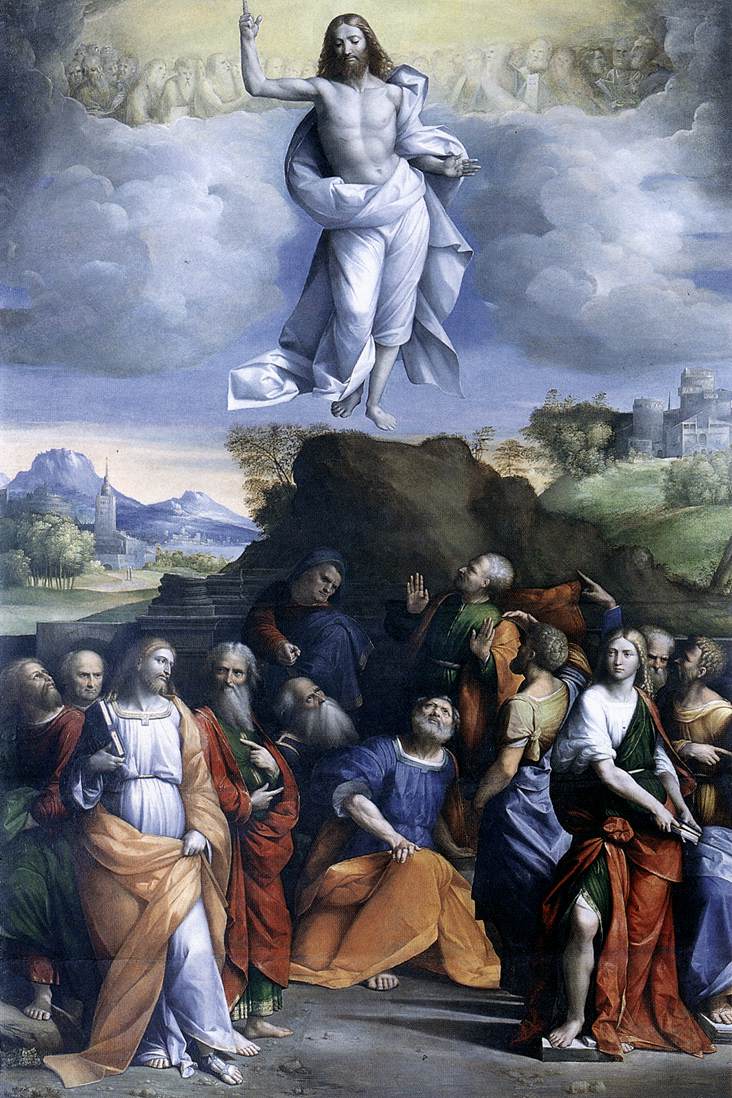Those who are faithful to recite my Rosary shall have during their life and at their death the light of God and the plenitude of His graces and will share in the merits of the blessed.
What? A third rosary promise about the time of our death! How could Mary’s eighth promise possibly differ from promises #6 and #7? Sometimes I think that Mary must have spoken incredibly fast and poor St. Dominic just tried to remember and write them down as best as he could. How else can we explain why some promises seem like multiple, separate promises combined and with others it appears like Mary repeats the same promise? Maybe Mary spoke in more of a monologue and St. Dominic distilled it into bullet points like a student taking notes during a lecture. Even in Caravaggio’s painting below St. Dominic looks slightly confused about what Mary is saying.
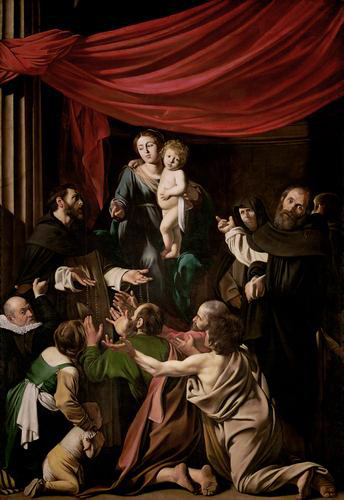
Of course I’m being sarcastic. On the surface many of Mary’s promises may appear the same. But when you dive deeper you will find that they are subtly promising different benefits. And even if Mary repeats herself, so what? In the case of promises six through eight, maybe Mary is trying to communicate the importance of having a prepared soul at the moment of your death. Like an earthly mother repeatedly reminding her children the same lessons (eat your vegetables, cover your mouth when you sneeze, say “please” and “thank you,” etc.), our heavenly mother also needs to repeat herself about the moments that are of grave importance. And no time is more important than the hour of someone’s death. Because once you die, that’s it. You no longer have an opportunity to confess and repent your sins nor do you have the power to pray for yourself. Given the eternity that awaits you, Mary reminds us in her rosary promises just how important it is to always have a prepared soul. And she gives us this great gift of preparation through the rosary.
Mary’s eighth promise ratchets up the state of holiness one’s soul is in at the moment of his death. Promise #6 mentions not having an unprepared soul meaning that you will have one last chance to confess your sins. Promise #7 goes one step further and adds the sacraments of the Eucharist and the Anointing of the Sick into the mix. But this promise goes even further and ensures someone a holy death beyond what is received through the sacraments. When Mary says that you will share “in the merits of the blessed” she is saying that you will receive part of the similar graces the saints received. No one on this planet were holier than the saints (which is why they were saints!). We should rejoice that we have an opportunity to have a little taste of that grace that made the saints so holy. It’s not holiness for the sake of holiness. Rather, sharing in the merits of the blessed gives us a sense of spiritual maturity that gives us the ability to forge an even deeper relationship with god.
This promise doesn’t just apply to the moment of death. Notice that Mary says you will receive graces “during their life.” In praying the rosary devoutly, you will receive the same graces the saints received. Does that mean everyone who prays the rosary is a saint? Well technically no. Just praying the rosary won’t put you on the road towards canonization. However, it will give you the “plenitude of His [God’s] graces” to become a saint if you choose to do so. It’s important to realize that saintly behavior is a choice and not some predetermined path that only a select few are privy to. If we do choose a saintly life then Mary promises that the rosary will help us achieve and maintain it. The rosary will give us the insight and strength to choose God’s path over a more earthly one. We all may not become saints like those officially canonized by the Church, but we can share the same graces and the same destiny of flourishing with them in the eternal happiness of Heaven if we choose to do so.
Related articles
- Mary’s Rosary Promise #7 (rosarymeds.com)
- Touchdown! – Mary’s Rosary Promise #6 (rosarymeds.com)
- Spiritual Drivers’ Ed. – Mary’s Rosary Promise #5 (rosarymeds.com)
- 2014 SSPX Rosary Crusade: Keep Calm, And Count Your Rosaries. (mundabor.wordpress.com)
- Miracles and the Mother of God (veilofveronica.wordpress.com)
- On Saying the Rosary (wayoftherose.wordpress.com)
- Divine Mercy Prayer (godwinpinto.wordpress.com)




